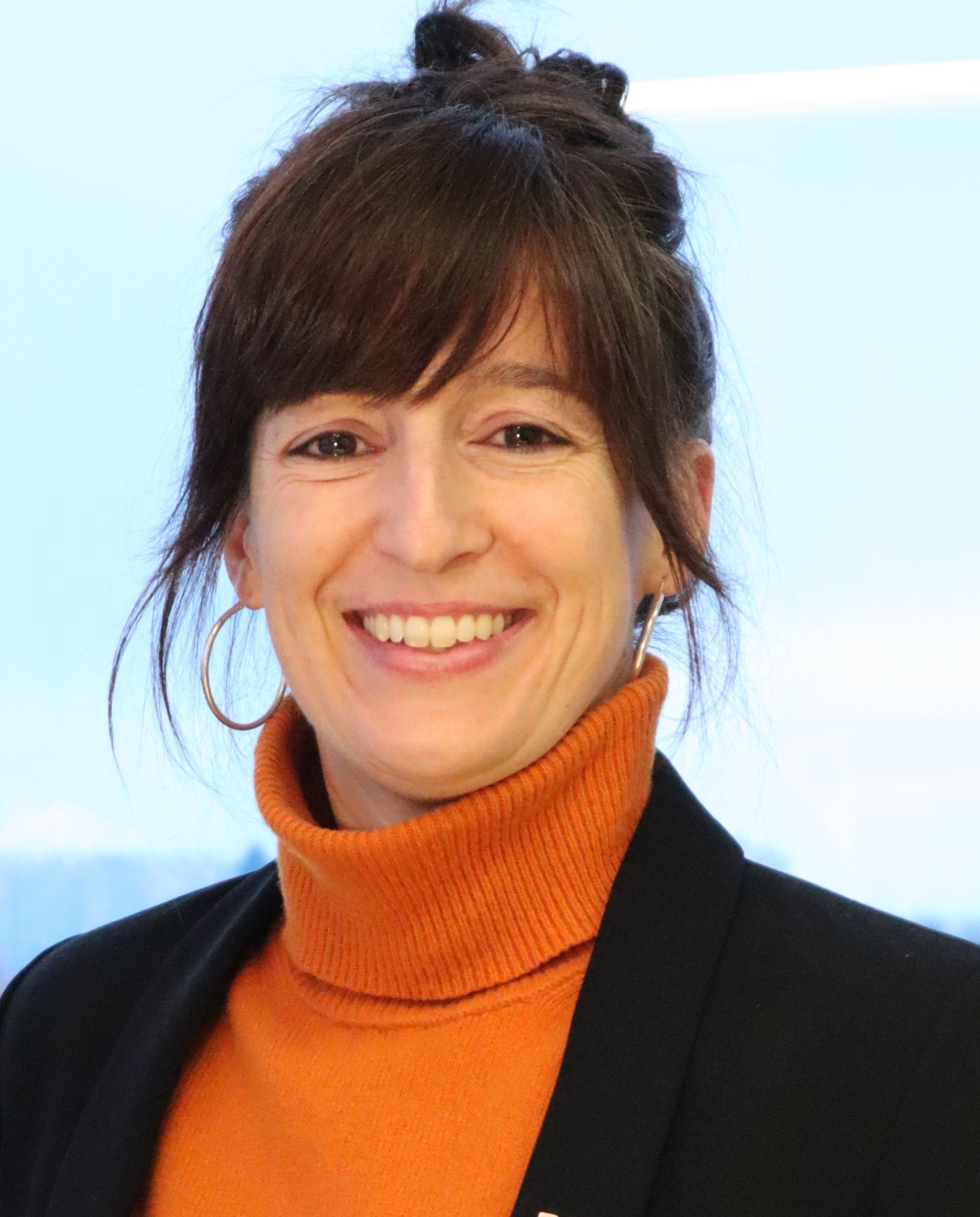Researchers from Aging Research Center (ARC), Department of Neurobiology, Care Sciences and Society at Karolinska Institutet, in collaboration with National Family Care Competence Center (Nka), sent out a survey to 31,000 older adults to learn more about those that take care of a loved one, in or outside their homes. Turns out 2,157 people older than 65 years provide such care on a regular basis.
The first study using these data, published in the Scandinavian Journal of Public Health, shows that the intensity of care is directly linked to caregivers' health and unmet need for support.
The study shows that most of the older informal caregivers provide low-intensity care, but a significant proportion (17% of caregivers) provide high-intensity care, meaning at least 30 hours per week, helping with tasks such as bathing, eating, shopping, managing finances, providing company.

"Our study shows that older caregivers who provide high-intensity care often experience negative consequences for their own life and wellbeing and have greater needs for support from various sources," says Mariam Kirvalidze , doctoral student at the Aging Research Center (ARC) and first author of the article.
Women, spouses and older people overrepresented
The study shows that women, spousal caregivers and people over 75 years old are overrepresented among those providing high-intensity care. These caregivers are more likely to report negative experiences linked to caregiving such as sleep problems, mental strain and difficulties in maintaining social contacts and looking after their own health. At the same time, they experience a lower degree of satisfaction with caregiving compared to those providing low-intensity care.

"It is clear that high-intensity care can be very demanding and negatively affect caregivers' quality of life. We must ensure that these older caregivers receive the support they need to continue providing care without suffering serious health problems themselves," says Amaia Calderón-Larrañaga , Associate Professor at the Aging Research Center (ARC) and one of the article's senior authors.
Need for targeted interventions
The study emphasises the importance of developing targeted interventions to support older caregivers, especially those providing high-intensity care. Among the most requested support services are respite care, personal counselling, and financial support. This is likely because caregivers who provide high-intensity care have greater care needs as they age and require more support to continue in their caregiving role. Meeting these needs requires a flexible and tailored approach rather than a general policy.
"A more detailed survey is needed at the municipal level to better understand and address the needs of all caregivers, especially of those who are older and more vulnerable, to ensure they receive the support they need. By understanding their specific needs, we can create better conditions for both caregivers and make sure that care receivers stay home longer," says Mariam Kirvalidze.
The project was funded by the Swedish Research Council for Health, Working Life and Welfare (Forte, 2021-00256) and the Swedish Family Care Competence Center (Nka).
Publication
Kirvalidze M, Hanson E, Magnusson L, Dahlberg L, Wimo A, Morin L, Calderón-Larrañaga A
Scand J Public Health 2025 May;():14034948251335113






